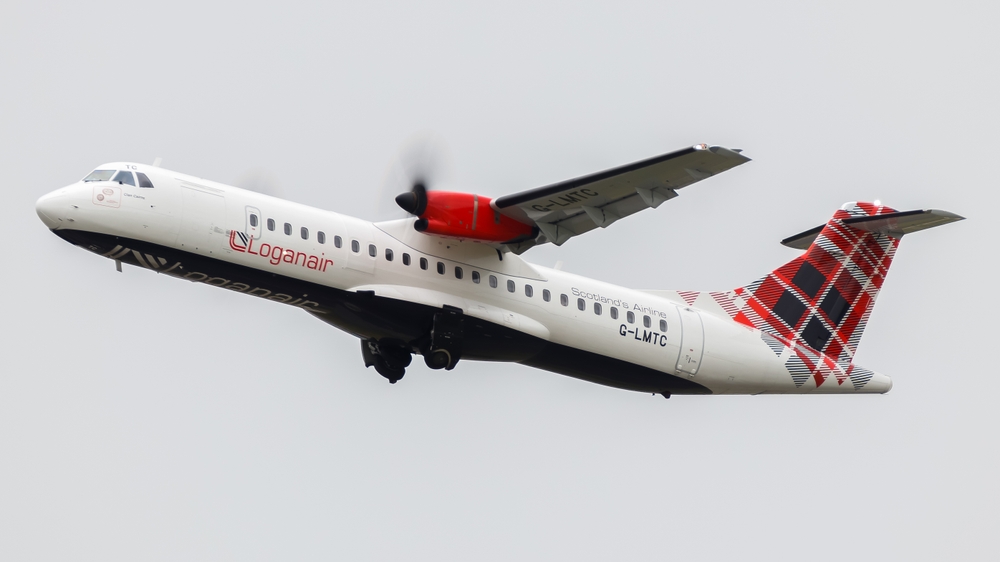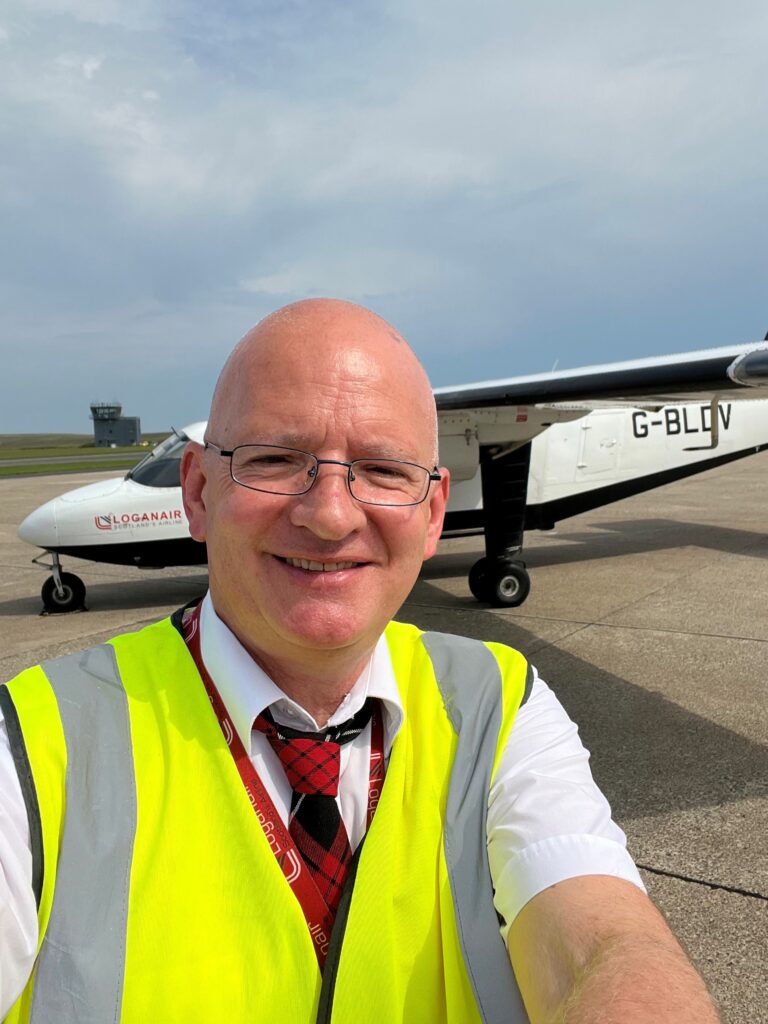Loganair lifts the lid on its unique flight support services

Loganair has reflected on the dynamic nature of its flight support services, which are unique to UK aviation because of the airline’s diverse network ranging from Stornoway in the Western Isles to Southampton on the English south coast.
In a new episode of its FlightLOG podcast, released today to mark World Day for Safety and Health at Work 2023, Stewart Houston, Loganair’s flight support manager, explains the complex calculations and planning required to maintain UK regional connectivity by air.
Stewart and his team assist flight planning by providing detailed technical mass and balance data that determines how many passengers can be carried on a particular flight and how much fuel will be required to transport them.
Their estimates, which are calculated by simulation of the flight, are crucial for the commercial side of the business because their advice directly feeds into ticket sales. However, the team also provides live advice to take account of the variables including weather and runway conditions which impact on day-to-day operations.
Stewart, who is also a qualified pilot and instructor, said: “Being a regional carrier makes us very different. We’re not like other airlines who have one type of aircraft as we have five types and within them, we have a further 14 subtypes. “We deal with everything from the world’s shortest commercial flight, Westray – Papa Westray in Orkney taking just one minute in visual conditions, to going into Southampton airport in instrument flying conditions. “It’s a pretty diverse route network and makes the job really dynamic.”

In the podcast Stewart explains how he and his team also act as a ‘third pilot’, providing real time advice to crews.He said: “I’ve even had a call from a pilot requesting a performance calculation and when I asked him when he wanted it, he said: ‘Right now – I’m on the runway’.”
Stewart describes flight operations as an extremely dynamic and interesting job requiring a high level of knowledge and intellectual rigour. He explained: “I have a team of three staff plus a pilot. My team are all university graduates and generally in aeronautic engineering, so they have a real enthusiasm for aerospace, and they’re good at maths, good at science, good at physics and good at computing, and that generally helps with the mental agility required. “A typical day for me is getting up at 6am, having a quick bit of breakfast then a Teams meeting and a swim before going into the office.
“And then the plan for the day begins to be overtaken by events, and that’s where the mental agility comes in. It could be anything from things like reweighing an aeroplane and updating all the data for that reweigh, planning a charter, or speaking to a pilot if a big rain shower has affected the runway. No two days are the same.”
Episode 5 of Loganair’s FlightLOG podcast is available from today on all major streaming platforms including Spotify, Apple, Google and Amazon Music. The next episode will be released in May.


Comments are closed.